Can there ever be a feminist female superhero?
Sophia Stanford
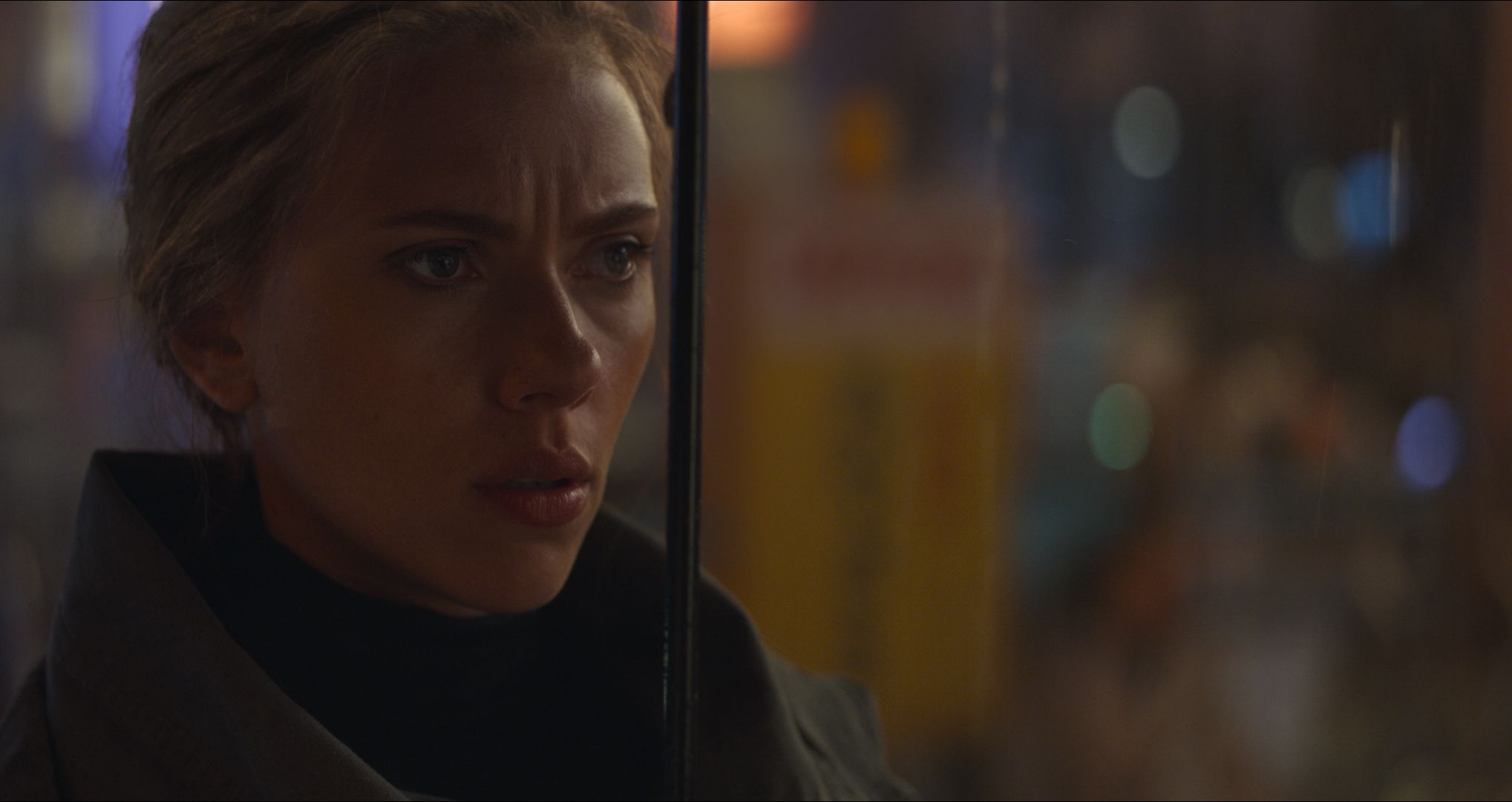
Scarlett Johansson appears in Marvel’s latest film Black Widow, and many are already calling this a win for feminism as she reclaims her character’s narrative, from objectified side character to vocal protagonist. But is Black Widow a step forward for feminism and should be heralded thus so? Or does she just further perpetuate boring and exhausted tropes about femininity, very much crafted out of men and performing for the male gaze?
With context that the Marvel films are birthed from comics written in the 40s, most of the female superheroes are presented in dated and archaic notions of femininity. They are in turn also fetishised as not-so-subtle sex objects; whilst they might have powers or abilities equal to men, their narratives and physical presentations liken themselves more to a male fantasy than to real women and their stories.
Natasha Romanoff does not escape this generalisation - upon introduction in the films she is objectified by several cast members, and although Romanoff later becomes a part of the Avengers, she remained a side character for nearly a decade. Black Widow director, Cate Shortland, admits ‘she was a character created for the male gaze'.
Tony Stark proves this when Pepper Potts warns him that Romanoff is ‘a very expensive sexual harassment lawsuit if you keep ogling her’, with the locker room banter ageing poorly. Johansson herself says that she would have then regarded a comment like that as a 'compliment' because your ‘own self-worth was probably measured against that type of comment’. And it's true: although a crude remark, her sexualisation sells itself as agency.
Beyond the screen, this hyper-sexualisation pervades: in 2015, Romanoff was called a ‘slut’ by Chris Evans and Jeremy Renner because she flirts with several Avengers. Marvel were also criticised for photoshopping her waist and features in a poster for Captain America: The Winter Soldier. Although her latest poster isn’t edited so exaggeratedly, it still feels sexy rather than strong. But isn’t that an indicator of what Marvel thinks feminism is, and should be branded as? Interestingly, Shortland includes a scene of Romanoff in her underwear and T-shirt in Black Widow, because ‘I enjoy how sexy she is, as long as she’s in control’. This statement itself is a really interesting remark of what, to her, is sexy today, what is sexy to a woman, and how it is now presented in blockbusters. Is she in control? What is the boundary between sexy and the male gaze? Johansson today says her new film is an indicator of ‘women's empowerment’ but I’m still not so sure.
This sexualisation can also be applied to the men of the Marvel films: sex sells. Some people on twitter have made a parallel between Johansson’s objectification and many of the men in Marvel being sexualised. Whilst these hyper-masculine, burly men who have to go through bodily extremes to appear like actual gods are also unfair symptoms of patriarchal ideals, it’s not the same equivalent of deep ingrained misogyny in the film industry and the sexualised female form. They are also still presented in outfits that are protective, bulky, and fun rather than a slim fitting and poorly armoured body suit.
Although Romanoff is a reductive commodification of a sex object in the comics (translating into the movies too), the films now adopt typical feminist identities. Romanoff is a manifested melting pot of commercialised #girlboss feminism and the cool girl trope. She is crafted as a man’s wet dream: a sultry, mysterious assassin that can keep up with the boys but still looks sexy whilst being beaten to pulp. Learning that her lines had always been written by men until Black Widow came as no surprise.
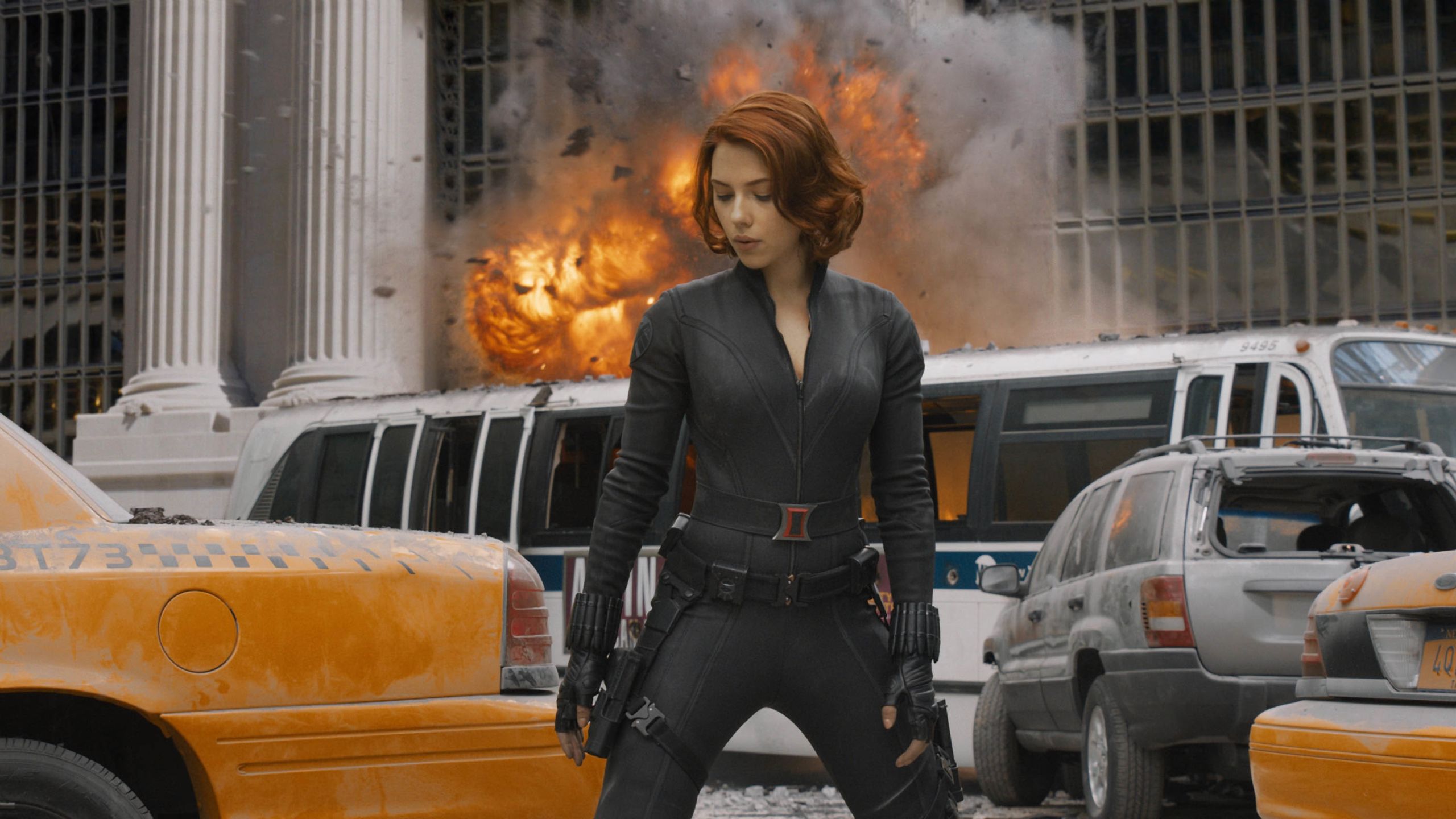
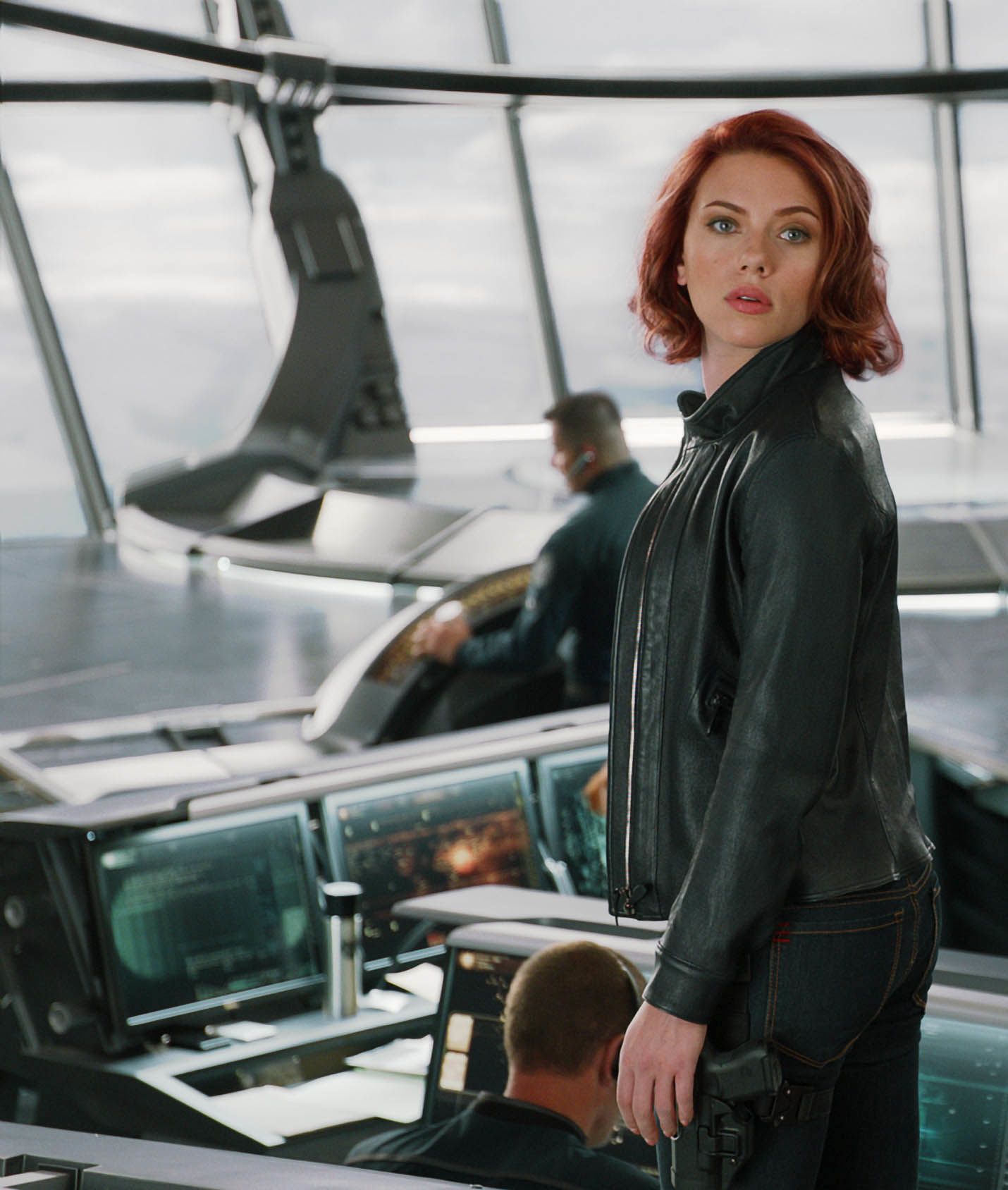
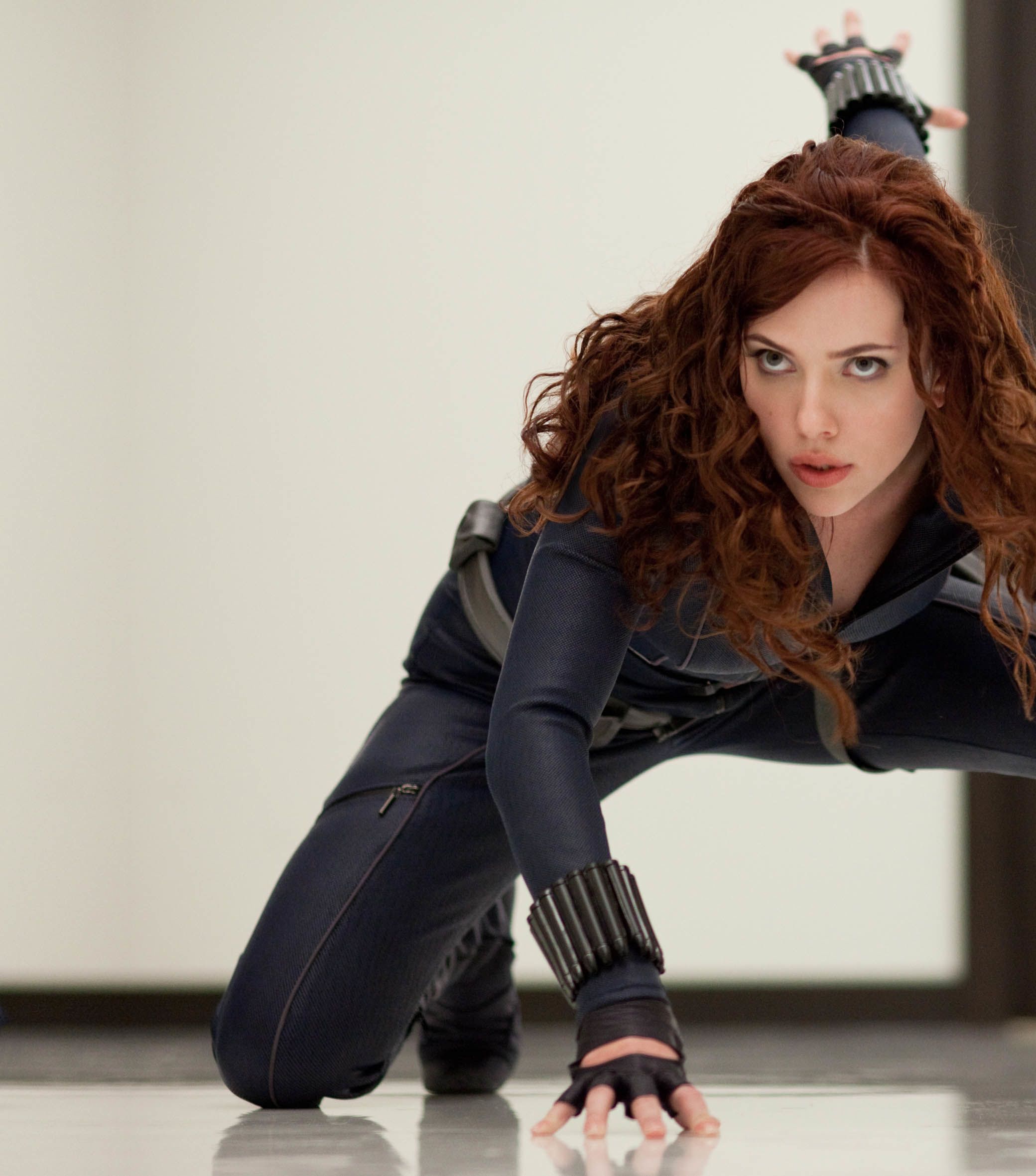
The general plot of the film follows Romanoff with two other widows overthrowing the patriarchal structures of the Red Room which abuses and exploits girls by training them to be killers. Although angled as being empowering, and perhaps even endearing, this female revolution feels cheesy. Releasing it now also feels confusing: despite being a part of the Avengers for the last ten years her solo film is late, and was released after her death in Endgame (although this film is set as a prequel to that picture). Why now? Is this film just a quick effort to prove that Marvel can be inclusive? Or is this an unfair judgement of what could just be providing closure to her character that has lasted nearly a decade? Regardless, Romanoff remained a sidekick, a ‘chess piece’ to help her male counterparts receive the glory, and acts as a failed love interest for Bruce Banner. Even her backstory of ballet and a hysterectomy - rendering herself a ‘monster’ - doesn’t feel right. However, her monstrous infertility is tackled in this film apparently, with an effort to prove that infertility doesn’t mean you are ‘less than’.
It took 21 Marvel films to debut a solo female lead (Brie Larson in Captain Marvel), 17 to introduce a female villain (Cate Blanchett in Thor: Ragnarok) and Black Widow is the first solo female directed MCU movie. But if you look at some of the popular ‘action’ films released in the early 10s, many revolved around women: The Hunger Games, Divergent, and Twilight come to mind to name a few. Surely there would have been a market for a female led Marvel film?
This kind of screen time is long overdue. The MCU is just a microcosmic reflection of the rest of the industry: only 29% of protagonists in blockbusters last year were women and action films are even more gendered. Its a space that feels particularly masculine, created by and catered to men. Victoria Alonso, a producer for Marvel, admitted ‘there was always a myth that women’s stories don’t sell. That superheroes can’t be women. We had to demystify a bunch of these myths that were very much a part of what Hollywood was all about.’
DC beat Marvel to a female superhero, proving that it could be a success. But Wonder Woman, in spite of being a commercial success, received criticism for its presentations of empowerment, with commentary gravitating around her armoured bikini. Wonder Woman was sold as a feminist fantasy despite still very much serving the male gaze. However, these current reflections on how she was presented shouldn’t invalidate the power of a female superhero. I remember leaving the cinema after seeing Wonder Woman with two girlfriends, all of us filled with adrenaline. Although she now seems ridiculous, the sentiment is the same: I wanted a female superhero and even a very flawed one felt thrilling.
People over the years have discussed fervently a female Bond, a woman Doctor Who and a girl group of Ghostbusters. Whilst levelling the gendered presentations of action figures is important and the recent move is significant, it does feel like it is forced. It's not the natural progression of a fun action franchise that coincidentally revolves around a female led cast. It’s shoehorning women into old male roles and casting it as empowerment, falling into Marvel’s desperate marketing of inclusivity and diversity. Maybe it’s time to create new female superheroes written by women rather than trying to make them replicate their male predecessors?
Ruminating on this article, I start to wonder what is a female superhero? And can we ever have a feminist female superhero? When female superheroes are born out of male fantasies of sexualisation rather than a balanced counterpart? Is she even real or can she only exist in hypotheticals? Can an industry built on misogyny and homophobia truly embrace characters that exist outside of their strict archetypes? The politics of their symbolism and aesthetics are so ingrained that it’s hard to differentiate what begins as pure hedonistic creativity and what often warps into something more problematic. There is a difference between a fun and organic creation, and a flat, performative production of what Hollywood thinks feminism is. I’m skeptical as to whether this movie recognises that.
And yet, skepticism of the industry shouldn’t invalidate Johansson’s active role in this film’s production and narrative. We want to avoid the limiting stereotypes that she was confined to before. Johansson has previously expressed annoyance at her character arc and has responded to questions about why a film like this wasn’t made earlier by stating: “It couldn’t! It was a different climate. I wouldn’t have been able to have conversations [about sexism] with my director and see it actually translate onscreen.” This is true - only in a post #MeToo era could Hollywood feel the pressure to make cinematic and industrial changes.
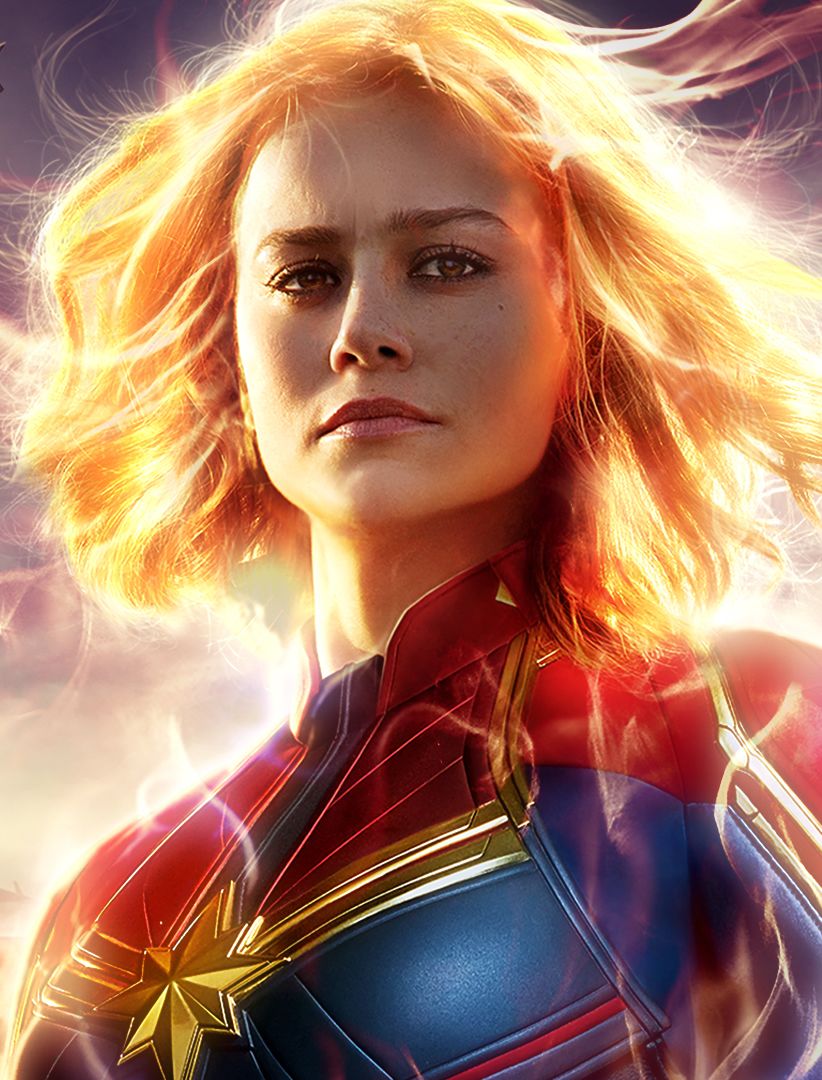
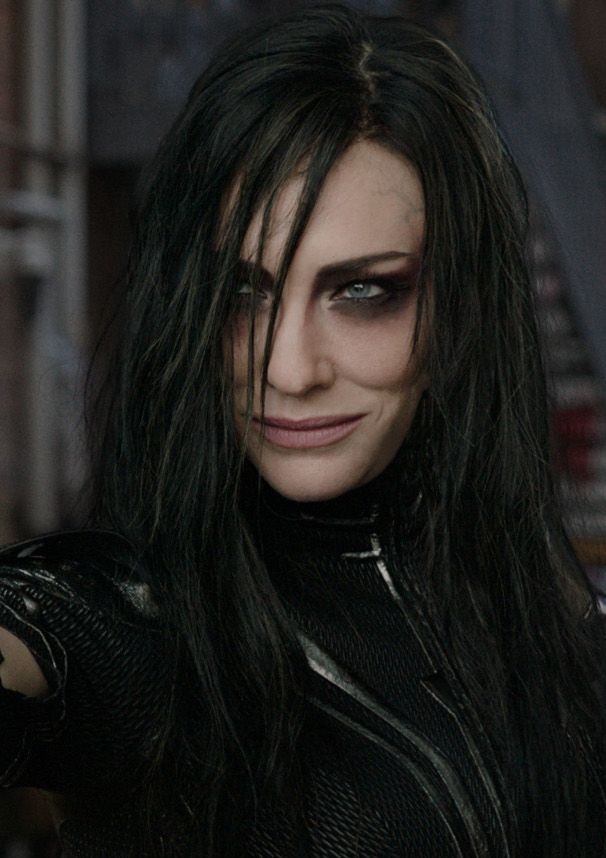
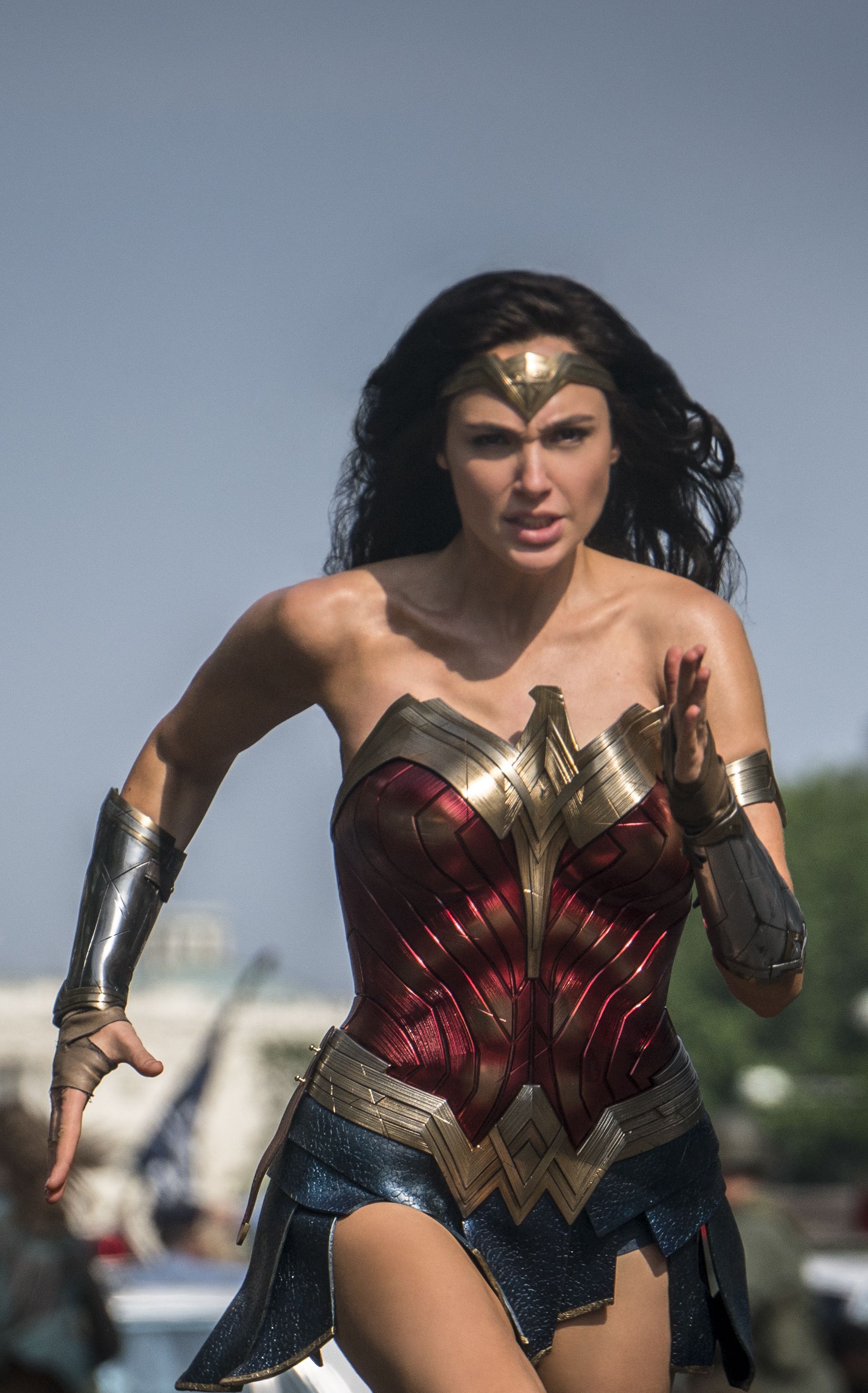
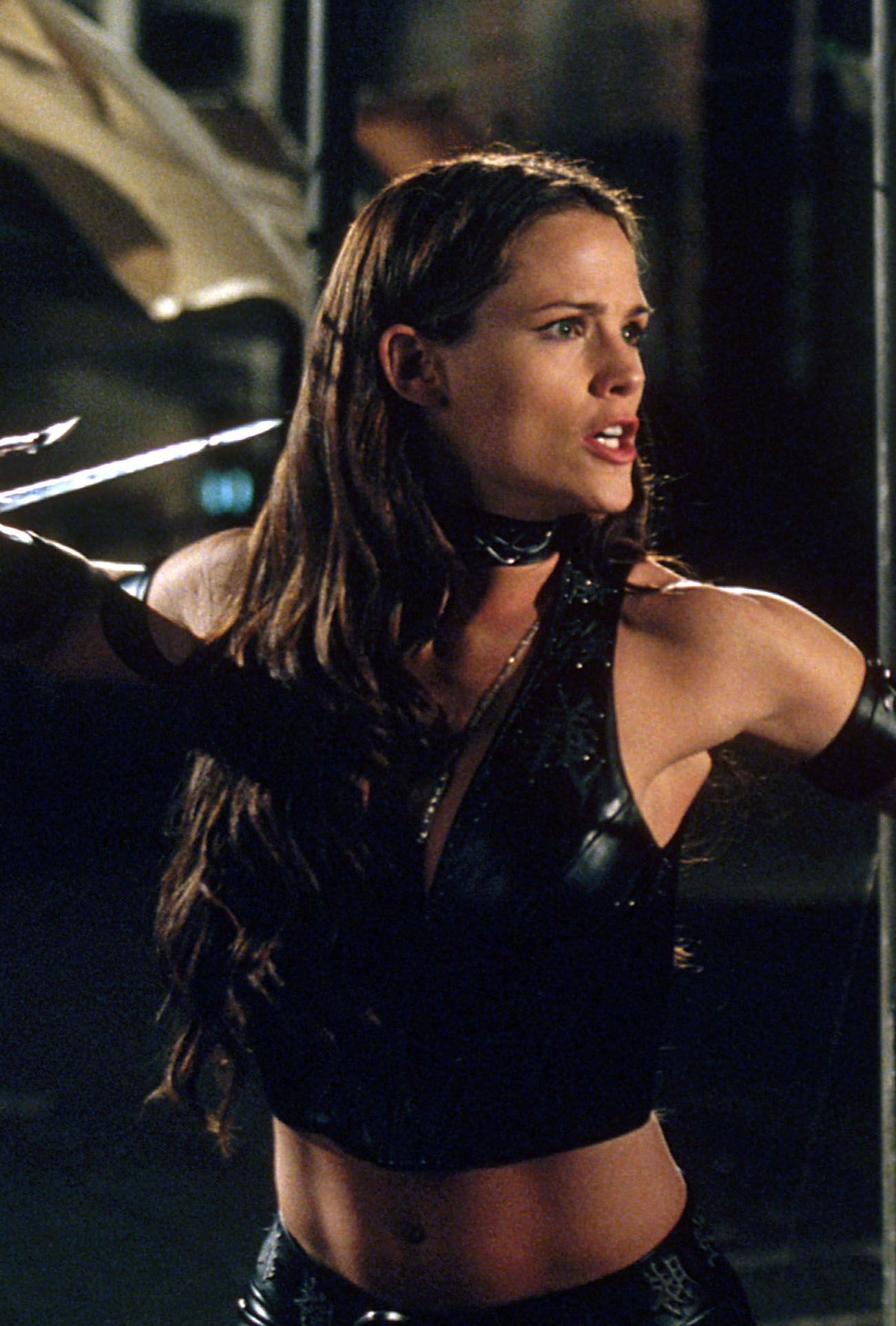
However, Scarlett Johansson has been clouded with insensitivities before; she was pressured into backing out of playing a transgender character, and was also cast as an Asian character despite being very obviously white. This problematic playing with cultural appropriation and whitewashing narratives is nothing new, and although Johansson would not have been the only one involved in that decision, it does appear that her moral boundaries are blurred. It makes me question how sincere her ‘reclamation’ is.
To be overly critical of Black Widow, however, is also unfair - she paved the way for many of the other female characters to occupy space in Marvel. This new film, birthed out of an era of self-reflection on diversity, leads the way for many more female oriented films to come: Natalie Portman is to be the Goddess of Thunder, there’s a Muslim Ms Marvel, Ironheart is replacing Ironman, and a female Hawkeye will assist Brie Larson’s Captain Marvel. The Disney+ move towards TV has increased the number female narratives, as recently seen with WandaVision. It is also such cosmic irony that the year that more women directors are hired to do action films (Black Widow, Wonder Woman 1984, Mulan and Eternals) cinemas are closed.
Alonso confesses ‘there is a conscientious effort to not objectify women’: it’s a good effort (even if it should be a given), and the right direction. But it just highlights how poorly the industry treats women, and how change now isn’t authentic but due to public pressure. We are living through the effects of speaking out, and some of the results are positive, even if the process feels forced.
